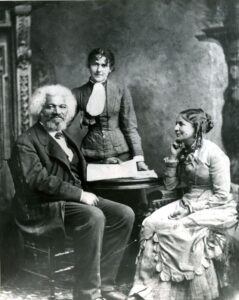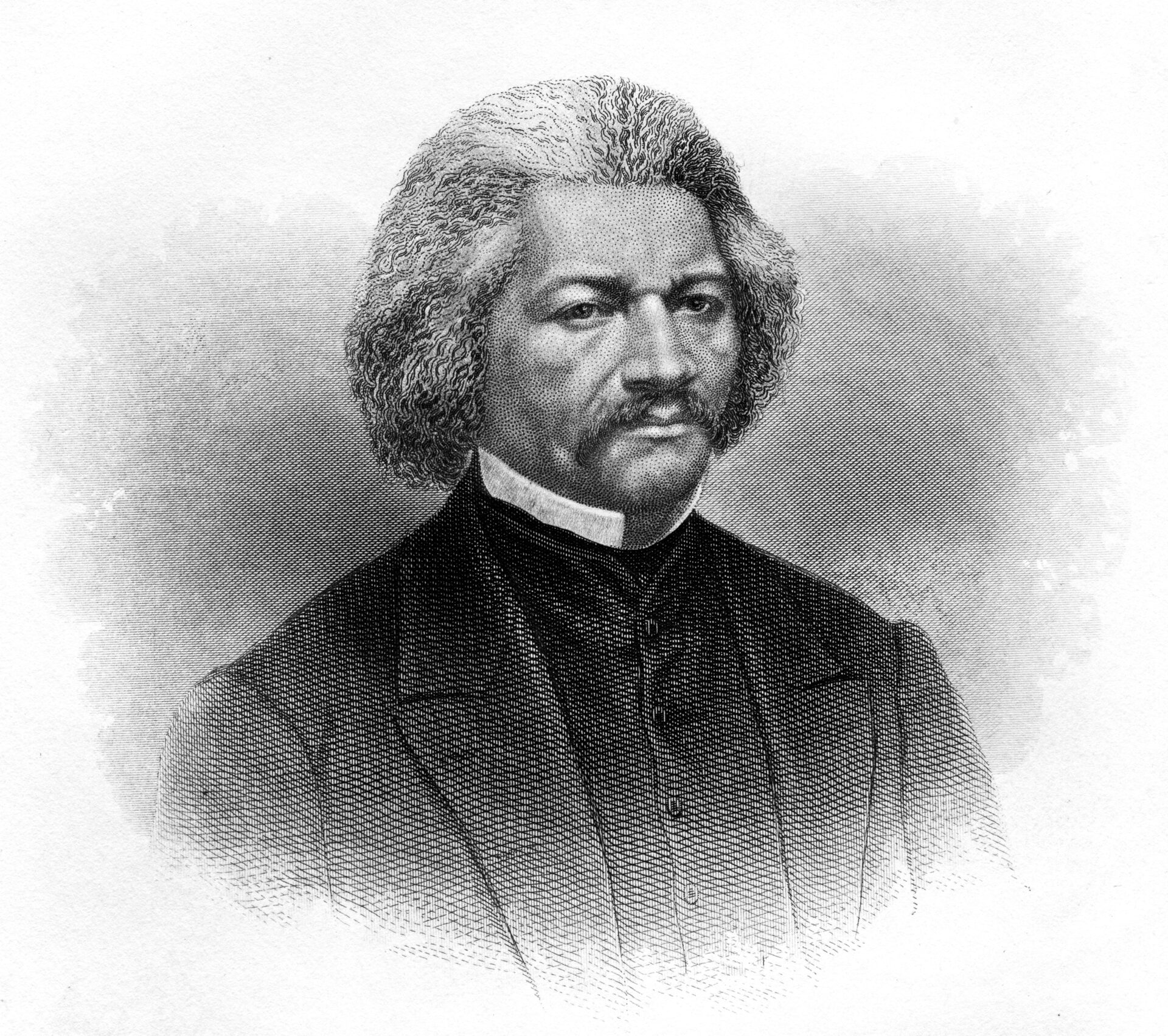Addressing the Ladies’ Anti-Slavery Society of Rochester in 1852, Frederick Douglass compared the existence of slavery in America to “a horrible reptile…coiled up in your nation’s bosom.” To examine Douglass’s complex literary, political, and moral legacy, IHS partnered with political science professor Nicholas Buccola of Linfield University to convene a diverse, interdisciplinary group of scholars online in October of 2020.

While their perspectives and interpretations often differed, they seemed to agree that we still have much to learn from Douglass. Professor Buccola is the author of The Political Thought of Frederick Douglass: In Pursuit of American Liberty, an original monograph, and the editor of an anthology of Douglass’s writings and speeches entitled The Essential Douglass.
Participants in this online discussion colloquium explored such themes as autobiography as political philosophy, Douglass on the use of force to achieve liberation, and Douglass on patriotism, the Constitution, and the American Founding.
“I never read Douglass so thoroughly.”
—Brandon Davis, Assistant Professor, School of Public Affairs and Administration, University of Kansas
 The direct relevance of Douglass’s writings to the painful events of this past spring and summer as civil unrest convulsed American cities prompted deep and searching reflection on those events in a spirit of civil discourse. “This was a valuable, cordial, substantive colloquium — a wonderful opportunity for professional development, collegiality, and intellectual enrichment,” wrote Kathy Pfeiffer, professor of English at Oakland University.
The direct relevance of Douglass’s writings to the painful events of this past spring and summer as civil unrest convulsed American cities prompted deep and searching reflection on those events in a spirit of civil discourse. “This was a valuable, cordial, substantive colloquium — a wonderful opportunity for professional development, collegiality, and intellectual enrichment,” wrote Kathy Pfeiffer, professor of English at Oakland University.
Participants sought the timeless lessons embodied in Douglass’s literary and philosophical brilliance. They asked what we can learn from Douglass’s personal struggles about the experience of Americans of color today, from Douglass’s rhetorical strategies about how to unite diverse Americans behind today’s civil rights causes, and from Douglass’s reflections on the American constitution about how to reconcile America’s ideals with her historical failures to live up to them.
“The word that comes to mind is: nourishing. I feel I have a firm grasp of Douglass, and I can’t emphasize enough how regenerating it is to be part of a group committed to the old-fashioned exchange of ideas.”
—Emily Bernard, Professor of English, University of Vermont
